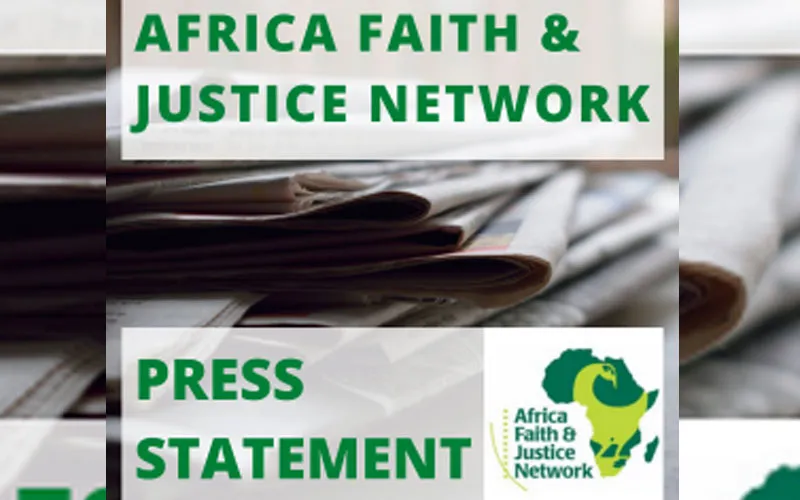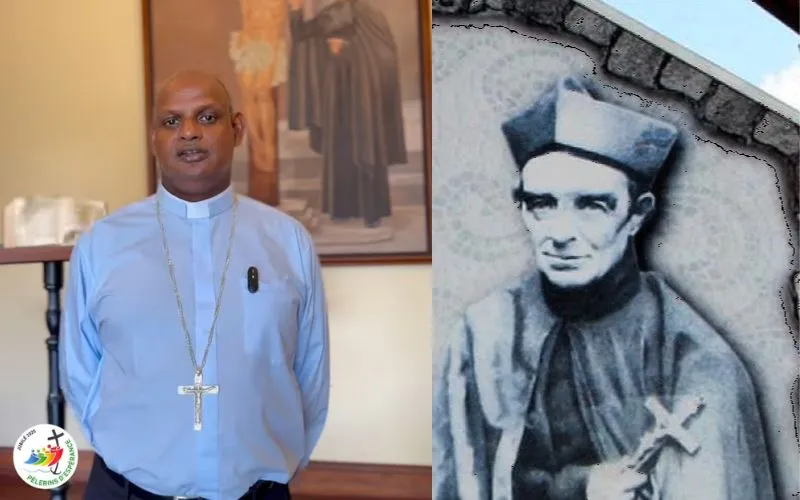In a January report, the Center for Economic and Policy Research (CEPR) indicated that 80 developing countries have used their SDR allocation since they were issued in August 2021.
In the April 23 statement addressed to IMF Managing Director, Kristalina Georgieva, the faith and civil leaders say the IMF also needs to “ensure that there are very strict transparency and accountability measures to minimize, prevent and if possible, stop careless autocratic regimes and kleptocrats from embezzling these resources.”
Officials of the CSOs and FBOs highlight the hunger crisis in Africa as one of the issues that could be addressed from the recycled SDRs.
They say in reference to the April 2022 report of the World Food Program (WFP) and the International Fund for Agricultural Development, “41 million people could face a food crisis this year. Prices for basic food staples have jumped 40 percent above the five-year average in Burkina Faso, Liberia, Mali, Mauritania, Niger, Nigeria, Sierra Leone, and Togo.”
The CSO and FBO officials further say that 28.1 million people face acute food insecurity while 7.4 million are experiencing emergency food insecurity, which could lead to “very high acute malnutrition and excess mortality” in East Africa.
In the April 23 statement, the CSO and FBO officials say SDRs are “the best way for the International Monetary Fund to aid the countries that need help to stabilize their economy, address health issues, invest in developing updated medical capabilities, meet education needs, advance infrastructure projects, and create jobs.”
Members of the CSOs and FBOs in Africa are the latest group to join in the call for recycling SDRs.
On April 21, members of the Symposium of Episcopal Conferences of Africa and Madagascar (SECAM) said countries, which were allocated more than 400 billion in SDR allocation could “re-channel a significant amount of their allocation to African countries to support local efforts for vaccine purchase and climate change adaptation.”
The Catholic Bishops in Africa also called for the beginning of a new SDR allocation at a level sufficient to at least triple the resources that Africa received in August 2021.
“World leaders should also revise the method for distributing SDRs so that their allocation is aligned with recipients’ needs,” members of SECAM said April 21.








